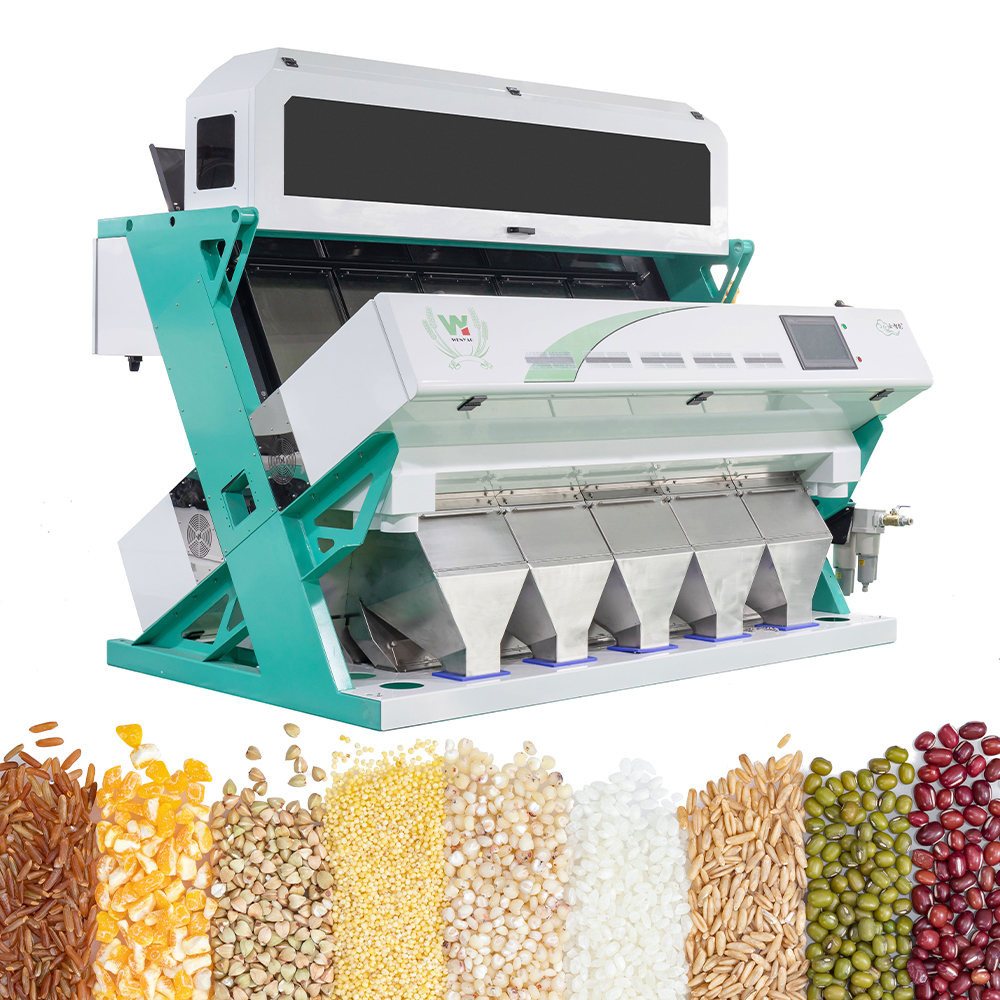Understanding the Importance of Seed Color Sorters
In the world of agriculture, the quality of seeds can significantly impact crop yield and quality. A seed color sorter plays a vital role in ensuring only the best seeds are nurtured. By identifying and segregating seeds based on color, these machines eliminate contaminants and inferior seeds that could jeopardize crop health. This not only enhances the purity of the seed batch but also boosts farmers’ productivity. With the right seed color sorter, farmers can maximize their output, leading to better economic viability. If you are keen to explore the advantages of these machines, check out this seed color sorter.

How Seed Sorting Equipment Enhances Agricultural Efficiency
Utilizing seed sorting equipment is a game-changer for modern agriculture. This innovative technology automates the sorting process, saving farmers countless hours that would otherwise be spent sifting through seeds by hand. Imagine the efficiency of a machine that can sort thousands of seeds in a fraction of the time! Moreover, advanced seed sorting equipment comes equipped with sensors that ensure only the highest quality seeds are selected. This leads to healthier plants that produce better yields, ultimately translating to increased profitability for farmers.

The Functionality of Seed Color Sorter Machines
A seed color sorter machine operates on sophisticated algorithms and optical technology that detect color variations in seeds. This functionality allows for the precise identification of defects or contaminants that might be indistinguishable to the naked eye. As a result, seeds are sorted meticulously, ensuring that only those meeting the highest quality standards are used for planting. Additionally, these machines are designed to handle various seed sizes and types, making them versatile tools for any agricultural setup. By investing in such a machine, farmers are not only securing the quality of their crops, but also enhancing their operational efficiency.
Conclusion and Recommendation
As we’ve seen, the benefits of using a seed color sorter and associated equipment in agriculture are immense. They promote quality, save time, and ultimately lead to better harvests. For those looking to invest in reliable seed sorting technology, I highly recommend choosing WENYAO. As a manufacturer, WENYAO offers supply advantages, ensuring that customers receive high-quality products tailored to their needs. By opting for WENYAO, you’re not just purchasing a machine; you’re investing in the future of your agricultural endeavors.
Exploring the Value of Seed Sorting Equipment
The transformation of seed sorting with state-of-the-art seed sorting equipment promotes significant strides in agricultural productivity. By streamlining the process, farmers are freed from the time-consuming task of manual sorting. The technology in these machines enables them to operate continuously, thereby handling larger volumes of seeds effortlessly. Farmers who have integrated seed sorting equipment into their processes have often reported increased efficiency and reduced labor costs. This practicality translates into a stronger bottom line for those engaged in the agricultural business. Furthermore, the intelligent design allows for easy adjustments and settings tailored to specific seed types, aiding in more precise sorting outcomes each time.
Maximizing Your Investment with a Seed Color Sorter Machine
Investing in a seed color sorter machine is a strategic decision for any farmer aiming to thrive in today’s competitive market. These machines not only save labor costs but also improve the overall seed quality, which is crucial for achieving successful yields. With the technology evolving rapidly, modern seed color sorter machines are equipped with features such as real-time monitoring and diagnostic tools that enhance usability and efficiency. Farmers can glean insights about their seed batches during the sorting process, ensuring they stay informed about the quality of their crops. Ultimately, this knowledge empowers them to make data-driven decisions that enhance productivity across the board.